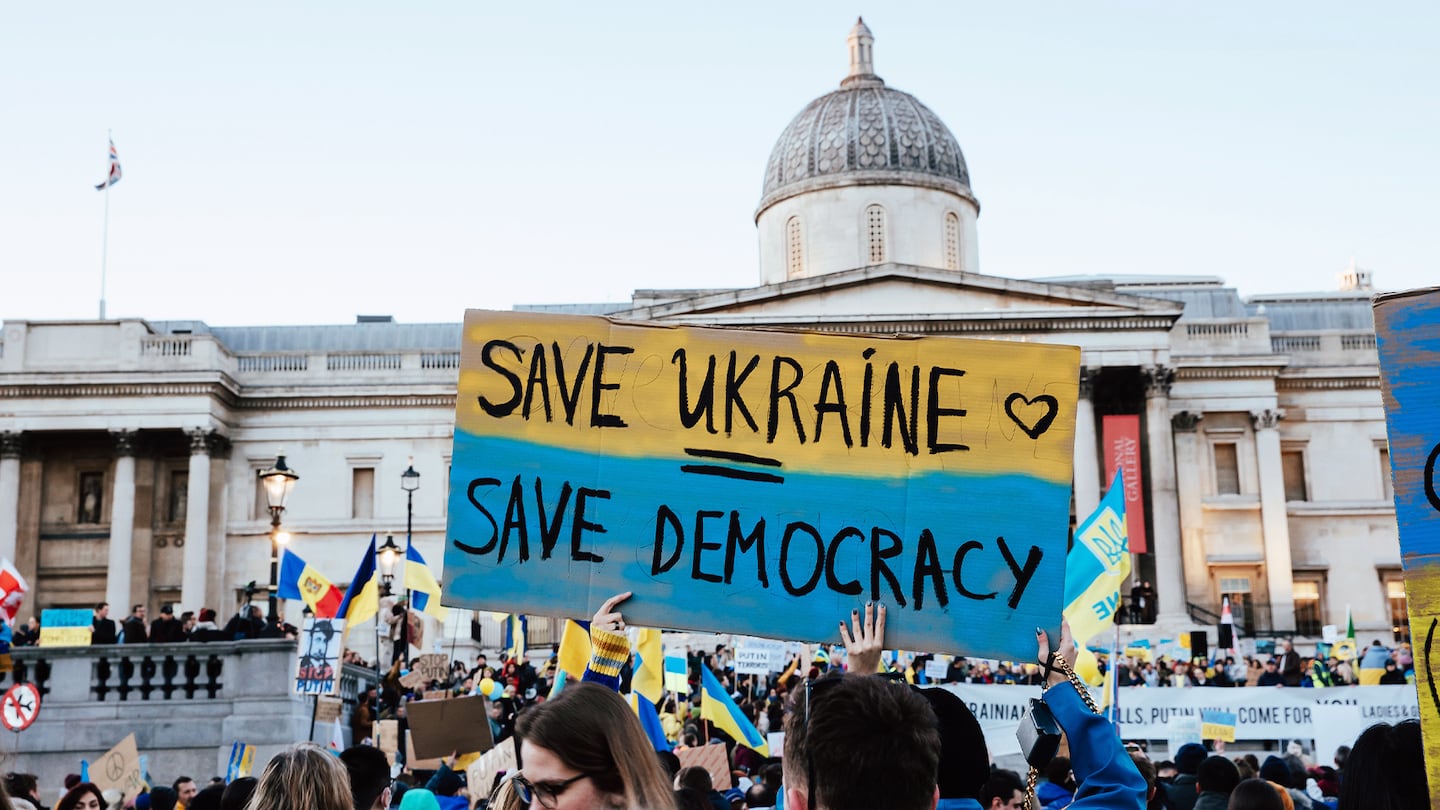
The Business of Fashion
Agenda-setting intelligence, analysis and advice for the global fashion community.

Agenda-setting intelligence, analysis and advice for the global fashion community.

TJ Maxx Parent Company Pulls Investment from Russian Off-price Retailer
TJX Cos., the company behind Marshall’s and TJ Maxx (TK Maxx in the UK) divested its ownership in the Russian off-price retail company Familia, according to an SEC regulatory filing Thursday, joining the list of brands halting operations in Russia.
The company paid $225 million for 25 percent ownership in the brand in 2019. As of late January 2022, its investment was worth $186 million, according to the filing.
TJX Cos. wrote that it was selling its stake “in support of the people of Ukraine,” and noted that its investment in the Russian business might amount to a loss for the company.
ADVERTISEMENT
— Chavie Lieber
British Fashion Council Calls on Brands to Condemn Russia’s Invasion of Ukraine
The London Fashion Week organiser called on its network to stand against the Russian government’s actions, while also encouraging members to support humanitarian aid to Ukraine.
“Seeing and hearing the devastation in Ukraine and that faced by its people is heart-breaking and it can be difficult to understand how to make a difference, but if we all act, the difference will be measurable and meaningful,” the BFC said in an unusually political statement.
The organisation said it would offer its resources to Ukrainian designers, retailers and media and provided links to charities working to provide humanitarian aid.
The statement comes as a growing number of brands are beginning to speak out about the crisis. Chanel announced a €2 million ($2.2 million) donation to the relief organisations CARE and UNHCR on Thursday.
Elsewhere, the impact of Western sanctions on Russia have begun to show, with companies saying they can no longer ship to the country. The BFC said Thursday that sanctions effectively mean no product can now be shipped to Russia from the UK.
— Sarah Kent
ADVERTISEMENT
Mango Pledges to Support Employees as it Suspends Operations in Russia
On Thursday, the Spanish retailer announced that it would suspend operations in Russia, temporarily shuttering its stores in the country as well as its Russian e-commerce platform. In a statement, the company said it “tried to safeguard our operations in the country until the last moment” due to the “the responsibility we owe our 800 employees in Russia, as well as our franchisees and partners.”
Mango also said it’s providing support to its Ukrainian employees, reaching out to each one individually to offer legal and financial support whether they remain within Ukrainian borders or have left the country. The company is also offering assistance to its Ukrainian and Russian employees at its corporate headquarters.
Though its corporate-owned Russian stores will temporarily close, 65 of Mango’s 120 stores in the country are franchises, and as such, will be able to continue to operate if they so choose, subject to stock availability, the company said.
Mango has also announced a donation of €100,000 ($110,000) to the International Red Cross and Red Crescent Movement, and also said it’s “made itself available” for clothing donations for refugees.
— Diana Pearl
Coperni Dedicates Show to Ukrainian Tailors
Paris label Coperni dedicated its show Thursday to its Ukrainian tailoring manufacturer, becoming one of only a few brands to directly acknowledge the crisis at their fashion week events.
ADVERTISEMENT
The emerging brand said it hoped the gesture would raise awareness of the crisis and to shine a spotlight on Ukraine’s fashion talent.
”The amazing ladies of Cap Est Sarl are great collaborators who helped realise our vision of what contemporary tailoring can be,” the brand said in a statement.
Rianne van Rompaey and Bella Hadid were among the models to wear looks produced by Cap Est, whose three ateliers in Kiev employ around 60 seamstresses, and which operates a factory in Western Ukraine.
”It’s a delicate situation, on the one hand we’re a small company that’s growing; we’re achieving our dreams with a show like this. At the same time we were particularly devastated by the war, this crisis,” Coperni’s co-founder Arnaud Vaillant said.
Staying in touch with collaborators in Ukraine has been challenging, he said, but to Coperni’s best knowledge its supplier’s employees have all managed to remain safe, sheltering in structures like parking garages since Russian strikes on Kiev began or fleeing the city.
— Robert Williams
A growing number of brands are halting deliveries, with a handful saying they will suspend sales.
The fashion industry should use both its soft power and economic heft to pressure Russia and support the people of Ukraine, writes Imran Amed.
As sanctions take their toll, Russia’s wealthy are turning to luxury jewellery and watches in a bid to preserve the value of their savings.
Though e-commerce reshaped retailing in the US and Europe even before the pandemic, a confluence of economic, financial and logistical circumstance kept the South American nation insulated from the trend until later.
This week’s round-up of global markets fashion business news also features Korean shopping app Ably, Kenya’s second-hand clothing trade and the EU’s bid to curb forced labour in Chinese cotton.
From Viviano Sue to Soshi Otsuki, a new generation of Tokyo-based designers are preparing to make their international breakthrough.
This week’s round-up of global markets fashion business news also features Latin American mall giants, Nigerian craft entrepreneurs and the mixed picture of China’s luxury market.